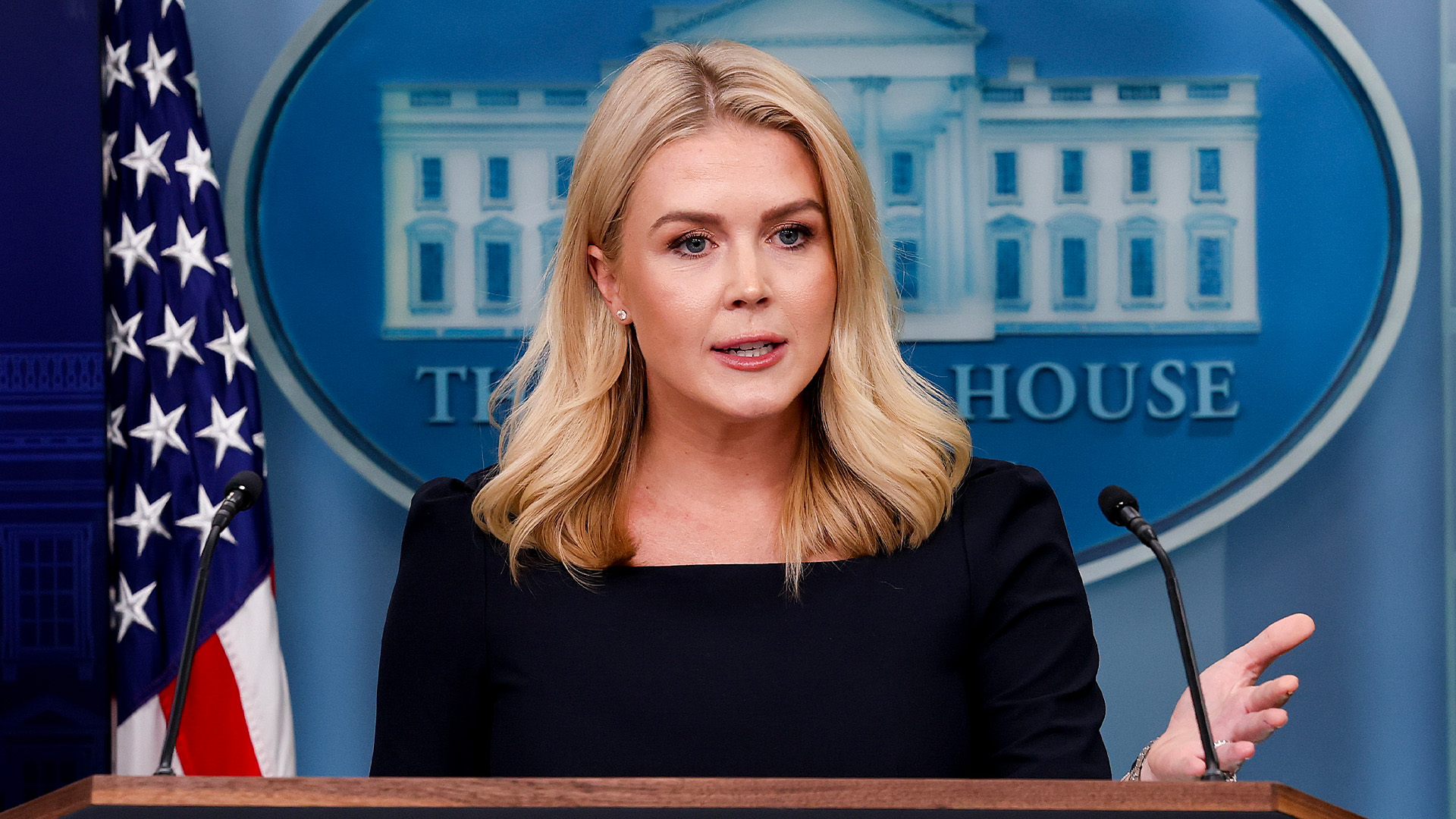CRTC maintains approach to setting Internet wholesale rates, with some adjustments

The federal telecommunications regulator is sticking to the way it sets prices for smaller companies that buy access to the Internet networks of major providers.
After a review, the Canadian Radio-television and Telecommunications Commission says the best way to promote competition is to take the current approach of setting rates for wholesalers, such as TekSavvy, based on service and infrastructure costs for the major players, plus a markup .
Most of Canada’s larger airlines had been advocating for reform because the traditional method of setting wholesale prices has led competitors to pay them less than break-even costs.
Instead, they wanted to introduce commercial bargaining as a method of setting most rates for wholesale services, saying this model would provide more opportunities to meet competitors’ specific needs and minimize unnecessary regulation.
The CRTC described its current approach as “forward-looking, resulting in rates that reflect expected market conditions, including the technology used, over a period of time.”
“Once final rates are set, generally for a five-year period, they typically remain constant, barring changes in the market,” it said in its decision published Friday.
“This provides regulatory certainty for all parties as they plan their respective strategies.”
But the CRTC said it will work to improve its current approach, with adjustments such as considering market rates and other relevant information. To do this, it instructed carriers to provide market-level information when submitting rate-determining applications for new or existing services.
The regulator added that it also remains open to using other approaches on a case-by-case basis when it determines that a particular situation requires a different model to ensure “fair and reasonable rates”. It notes that smaller service providers and providers of services where demand is very limited should be given more flexibility to use the approved rates of other service providers.
The Competitive Network Operators of Canada, representing independent internet providers such as Distributel and VMedia, applauded the CRTC’s decision and said they were optimistic that the guidelines would lead to lower wholesale rates.
“It’s exactly in line with what we hoped for,” said executive director Geoff White, adding that the bargaining model proposed by larger airlines “would have been totally fatal to the competitive industry, which is already in control.”
“Smaller players have no bargaining power,” he said. “They have no bargaining power against the big players.”
The Canadian Telecommunications Association, which represents organizations that invest in, build, maintain and operate telecom services, says it is reviewing the decision and declined to comment further.
In March, the CRTC announced it would cut some wholesale internet rates by 10 percent as it launched a separate review of the rates smaller competitors pay the major telecom companies for access to their networks.
That review, which is underway, aims to strengthen competition and reduce consumer costs. It will also determine whether major carriers should allow smaller competitors access to their fiber networks to improve internet speeds for their customers.
Industry Minister François-Philippe Champagne in February directed the regulator to introduce new rules to improve consumer rights, affordability, competition and universal access, including a requirement for improved wholesale internet rates.
This report from The Canadian Press was first published on July 7, 2023.

;Resize=620)
;Resize=620)

